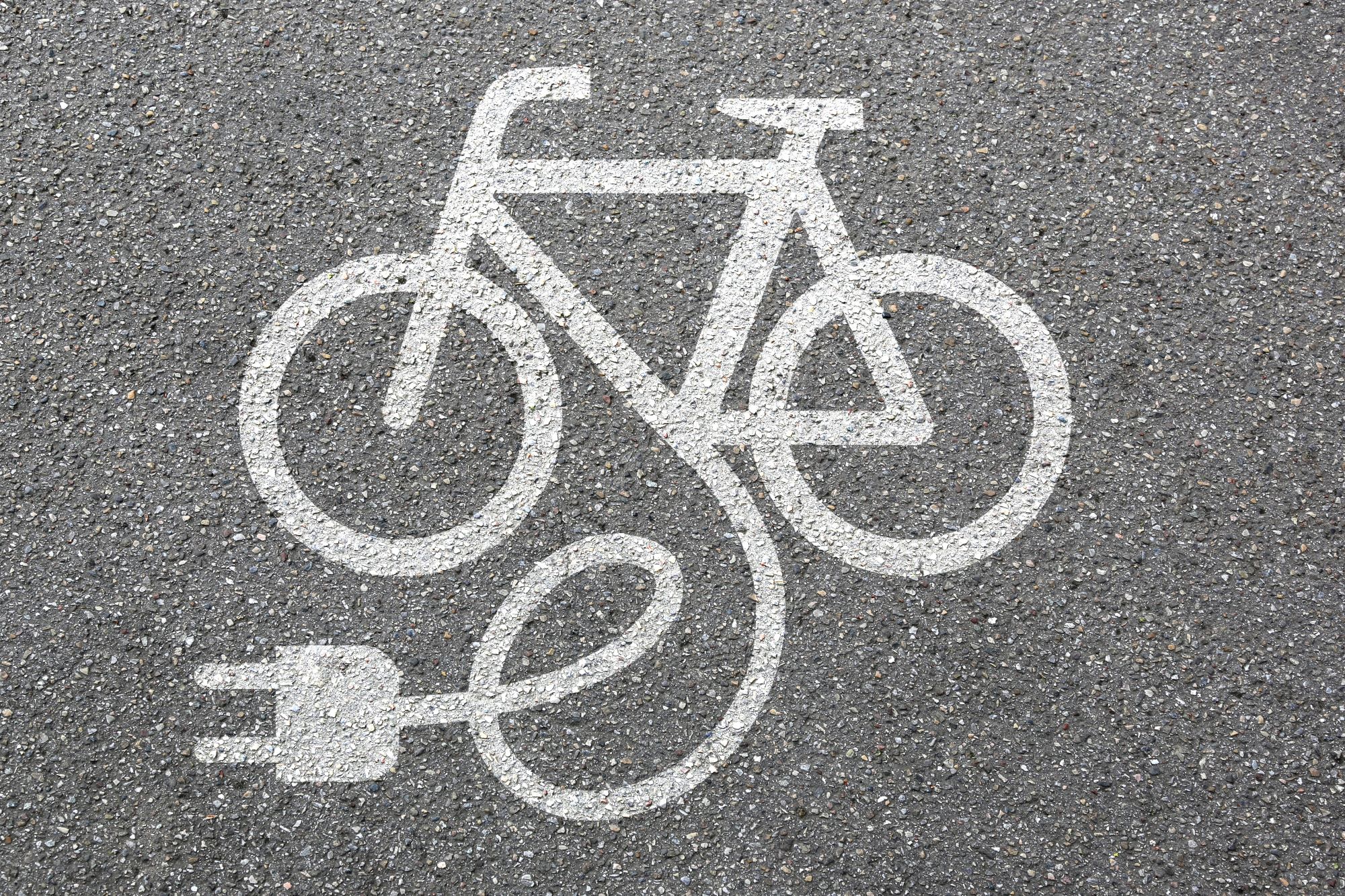A bill that would offer Americans a refundable tax credit on electric bicycle purchases just hit the Senate floor.
Democratic legislators are making a push to give more people access to the benefits of e-bikes. On July 21, Senators Ed Markey (D-MA) and Brian Schatz (D-HI) introduced the Electric Bicycle Incentive Kickstart for the Environment or E-BIKE Act. Earlier this year, Rep. Jimmy Panetta (D-CA) introduced a similar bill in the House of Representatives.
The incentive is designed to help more consumers afford e-bikes in markets where they make sense. Driving is already highly subsidized across the country, with largely free parking access, taxpayer-funded highways, and no CO2 emissions taxes. Schatz and his cohort argue that it’s time to subsidize a sustainable alternative in the form of e-bikes.

“The bill makes a clean alternative more accessible to more people,” Schatz said. “E-bikes make lots of sense for working people, young people, and others who either cannot afford or don’t want a car.”
E-BIKE Act Specifics and Challenges
Much like the House bill, which Rep. Jimmy Panetta (D-CA) introduced in February, Schatz and Markey’s proposal would offer Americans a refundable tax credit worth 30% of a new e-bike’s purchase price capped at $1,500.
All three e-bike classes would be eligible for the tax credit, but bikes with motors more powerful than 750W would not. The credit would also be fully refundable, which would allow lower-income individuals to claim it.
Neither the House nor the Senate has voted on the proposed bills. Whether or not the legislation itself will face partisanship hurdles, Schatz acknowledges it will require an infrastructure investment to be effective.
Schatz said there needs to be a “major infusion of physical infrastructure for bike lanes and safe streets” for the E-BIKE Act to successfully incentivize consumers to transition from cars to e-bikes.
President Biden’s American Jobs infrastructure plan includes $20 billion to improve road safety for all users, “especially,” it says, “cyclists and pedestrians.”

But Republicans have challenged the plan from day one and continue to chisel away at the proposed $2 trillion packages, which now register at $600 billion. Whether the funds for road safety survive in the final deal — if there is a final deal — remains to be seen.
For his part, Schatz sounds nonplussed by the prospect of cross-aisle dissent. “I’m optimistic,” he said about the E-BIKE Act, “but this overall package will face multiple near-death experiences before it becomes law. We plan to get it through in the coming package, but if we don’t, we will keep pushing.”
Charging Status: Where the E-BIKE Act Stands
Currently, the House version E-BIKE electric bicycle tax credit initiative has 21 co-sponsors — all Democrats. The Senate iteration just started making the rounds. But Schatz, with more optimistic flair, said he doesn’t anticipate a tough sell among his colleagues.
“We anticipate that we will be able to build momentum for this,” he said. “It’s one of those rare ideas that is both revolutionary and noncontroversial.”
If you’re interested in seeing the E-BIKE Act become law, contact your representatives. To identify and contact your Senators, use this link. To identify and contact your Representatives, use this link. To learn more about existing e-bike regulations, check out Bosch’s state-by-state guide.









